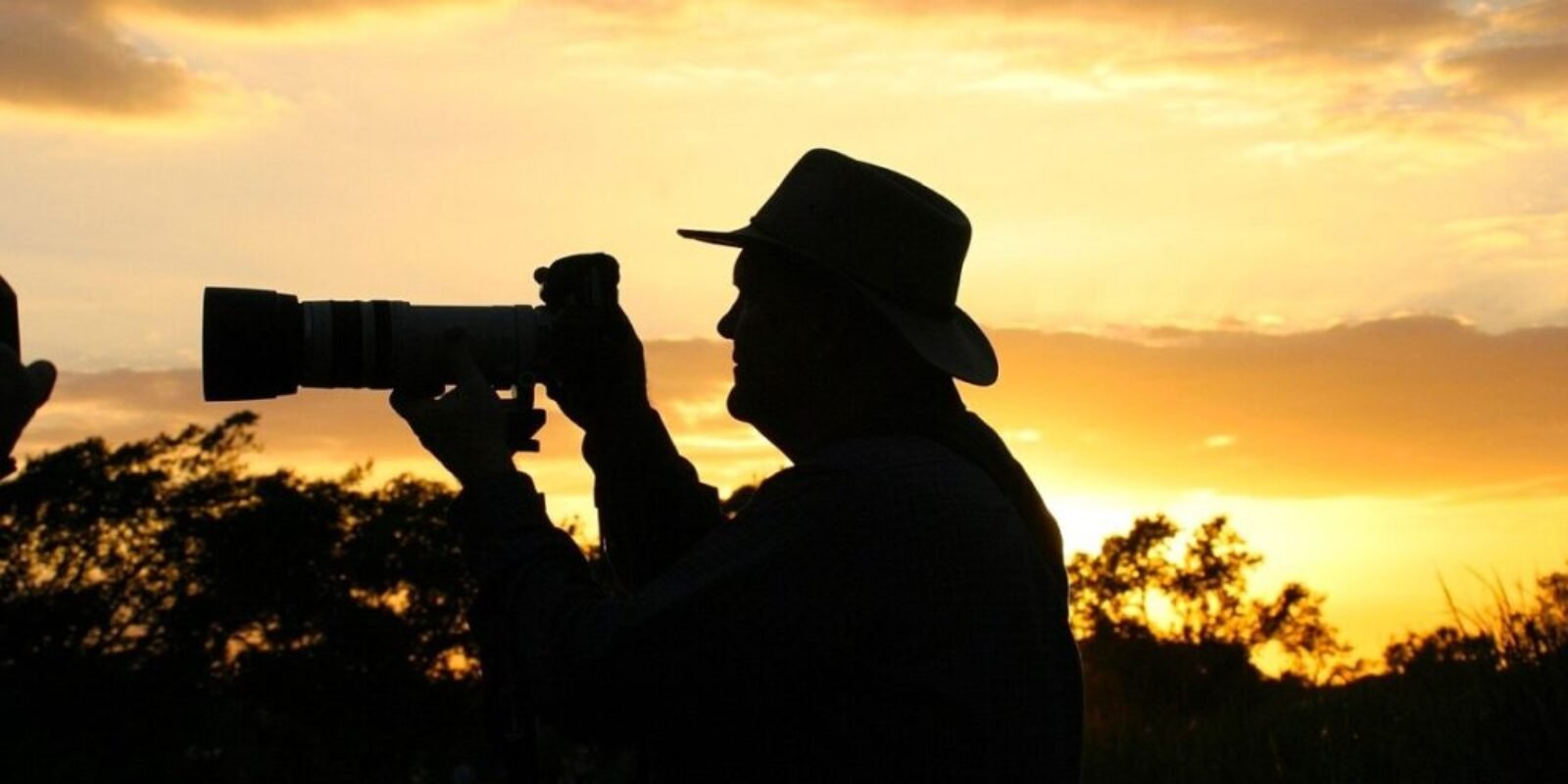Last Updated on June 3, 2025 by Rose Ann Palac
Have you ever wondered what retirement activity could simultaneously boost your memory, strengthen your body, connect you with nature, and provide endless creative fulfillment?
Look no further than nature photography — a pursuit that’s transforming the retirement years for countless adults who are discovering their artistic side. Nature photography offers remarkable benefits that extend far beyond capturing beautiful images.
Recent research shows that learning new, cognitively demanding skills like photography can significantly improve memory function in adults, while exposure to nature through photography has been proven to reduce depression and anxiety while improving physical health measures such as lowered blood pressure.
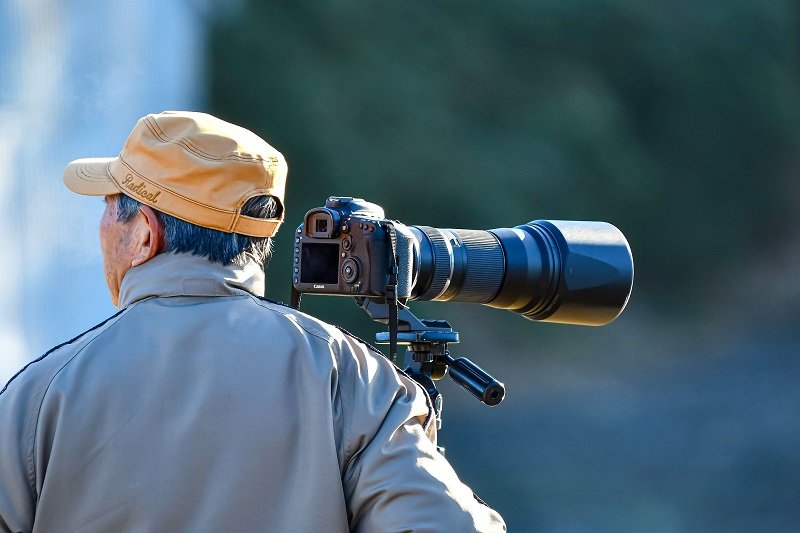
This comprehensive guide explores four surprising ways nature photography can enhance your retirement experience: improving cognitive function through technical learning, providing gentle physical exercise as you explore outdoor locations, fostering meaningful social connections through photography communities, and creating a profound sense of purpose as you document the natural world’s beauty.
Whether you’re a complete beginner who’s never touched a camera or someone looking to rekindle a past interest, nature photography welcomes practitioners at every skill level. Modern cameras are more user-friendly than ever, and the learning curve has never been gentler.
You’ll discover practical equipment recommendations, safety tips for outdoor shooting, and strategies for building confidence behind the lens. Ready to embark on this rewarding journey that combines adventure, creativity, and wellness?
Let’s explore how nature photography can become your gateway to a more vibrant, engaging retirement filled with wonder and discovery.

The Surprising Benefits of Outdoor Photography for Seniors
The misconception that photography is exclusively for young adventurers couldn’t be further from reality. Studies demonstrate that adults who learn new, cognitively demanding skills like digital photography show greater memory improvement than those who only socialize or engage in less challenging activities. Nature photography represents the perfect intersection of mental stimulation, physical activity, and creative expression.
Today’s photography community embraces diversity in age and experience. Recent evidence maps show that nature-based interventions, including photography, provide scientifically proven benefits for healthy aging. Many accomplished nature photographers began their journey during retirement, bringing life experience and patience that often surpasses younger practitioners.
Exploring the art of nature photography can truly ignite a sense of wonder, especially as you step into the world of retirement. From vibrant hues to sweeping vistas, from delicate blooms to the captivating creatures that inhabit the wild, the journey of learning nature photography is an adventure like no other.
Below are some of the surprising benefits you can expect from outdoor photography for seniors.
Prefer to listen rather than read?
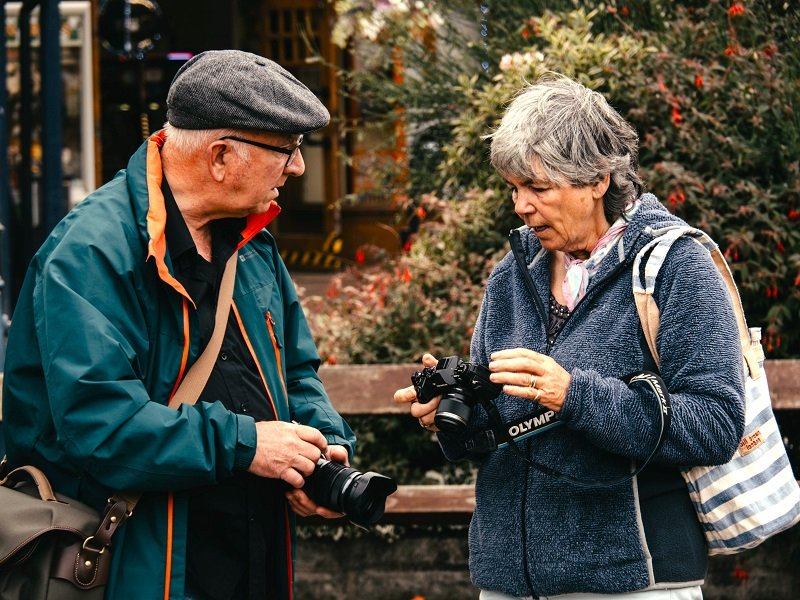
Learning Nature Photography Helps Seniors Make an Artistic Connection with the Outdoors
Being in nature encourages mindfulness and living in the present moment. It allows seniors to disconnect from the stresses of daily life and be more aware of the beauty and tranquillity of the natural environment.
This beauty and tranquility can have a rejuvenating effect on your mind and body. Seniors often report feeling more energetic and vitalized after spending time outdoors. This renewed energy and vigour contribute to an overall sense of wellness.
Nature photography is a medium of artistic expression. By learning nature photography in your retirement years, you cna communicate the intricacies of nature from a personal perspective.
This opportunity for inspired and creative self-expression sparks a lasting and meaningful sense of purpose and well-being in young and old alike.
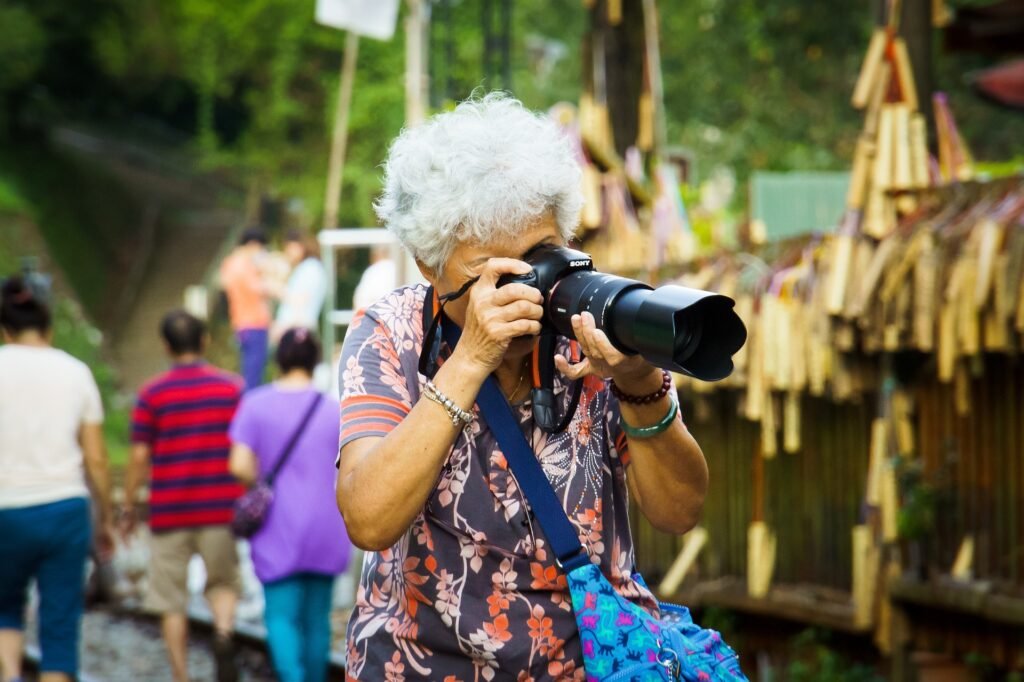
Continuous Learning Experience
Mastering photography techniques is an ongoing process that continually evolves as you delve deeper into the art. Nature photography, in particular, stands out as a field that can become a lifelong endeavour, offering endless opportunities for growth and discovery.
Each time you step out with your camera, the natural world presents a unique canvas, filled with varying lights, shadows, and subjects, allowing you to learn nature photography in its most authentic form. This journey of learning nature photography isn’t just about capturing stunning landscapes or wildlife; it’s about understanding the intricate balance of light, timing, and perspective.
The unpredictability of the outdoors adds to the challenge, pushing you to adapt and refine your skills with each expedition. As you immerse yourself in different environments, from dense forests to sprawling deserts, you not only become a witness to the planet’s beauty but also a student of its ever-changing moods and scenes.
Learning nature photography in retirement is not just a leisure activity but a journey of continuous skill enhancement and adaptation to new techniques. This fascinating art form demands a keen eye for detail and a deep appreciation for the natural world, making it an ideal pursuit for those looking to enrich their golden years.
As one delves deeper into learning nature photography, they uncover the myriad ways in which this craft is continually transforming. New techniques and technologies emerge at a breathtaking pace. New technologies require ever-evolving new skills.
These skills might range from understanding new concepts about composition to experimenting with lighting, to exploring cameras and equipment with advanced technical capabilities. This nonstop learning promotes a sense of growth and accomplishment.
Capturing moments in nature through photography allows seniors to create a unique visual legacy. They can document their experiences, adventures, and teh spectacular beauty they’ve witnessed.
The pictures they take are a visual record of their passion for living in the moment despite our fast-paced times.
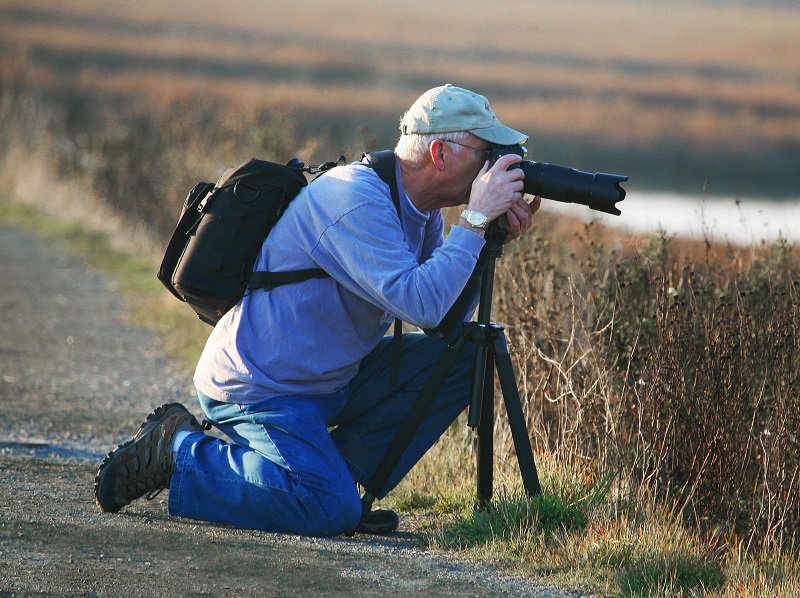
Permits Seniors Good Opportunities for Community Engagement
Many communities have photography clubs dedicated to wildlife photography. Joining these clubs offers photographers – including seniors – the opportunity to connect, share their experiences, and learn from each other.
Nature photography workshops, seminars, and local events often bring enthusiasts together enthusiasts of all ages.
These gatherings provide occasions for networking, learning new techniques, and making new friends with whom seniors share a passion.
There are also virtual communities, forums, and social media groups entirely dedicated to nature photography.
These communities allow photographers to engage with a much broader audience. Seniors can participate in discussions, share their work, seek advice, and contribute to discussions online.
These interactions can lead to collaborative photo projects centred around nature themes. These projects often permit multiple photographers to contribute their work. They encourage teamwork, shared creativity, and a sense of camaraderie among participants.
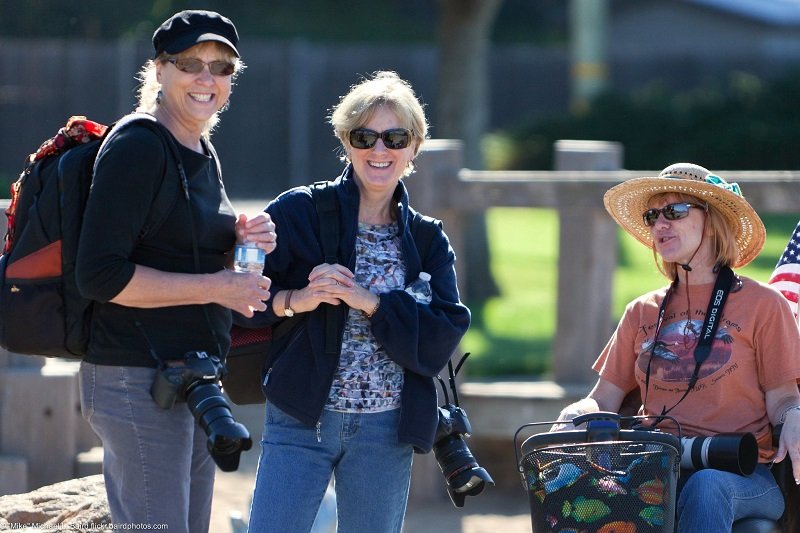
Sharpens the Mind and Strengthens the Body
Learning nature photography requires concentration and focus. You will need to pay attention to details like lighting, composition, and subject matter.
The technical principles involved in these aspects of outdoor photography can enhance your ability to concentrate and stay focused over long periods. Remembering different settings, techniques, and locations can stimulate memory functions in older adults.
Seniors are also likely to recall specific details about the environment, seasons, or wildlife they photographed. This is good exercise memory recall for older people. Engaging in nature photography involves walking, hiking, and moving around to explore different landscapes to find the perfect shot.
These physical activities contribute to improved cardiovascular health, increased stamina, and enhanced mobility – all of which are crucial for your overall physical well-being.
Seniors benefit from outdoor time with natural sunlight, as it provides essential vitamin D for bone health, immune function, mood regulation, and sleep patterns, boosting their overall well-being.

What You’ll Need to Become a Nature Photographer
Seniors who are interested in learning nature photography as a hobby can begin by selecting equipment that aligns with their needs and level of technical expertise. They need to choose cameras and accessories that are lightweight and easy to handle to prevent any physical strain during extended periods of shooting.
Additionally, seniors may consider investing in tripods, filters, and additional lenses to enhance their learning nature photography experience and capture stunning images. It is also important for seniors to familiarize themselves with basic photography principles, such as composition, lighting, and exposure, to improve the quality of their photos.
Taking online courses, reading photography books, and joining photography groups or clubs can provide valuable resources and support for seniors looking to expand their skills and knowledge in outdoor photography. Here are some of the things you will need if you want to start learning nature photography:
Camera, Zoom Lens, and Tripod
When it comes to choosing a camera, one of the key factors to consider is its weight and ease of use. Mirrorless cameras and compact point-and-shoots are great options for those looking for a lightweight and easy-to-handle camera. These types of cameras offer excellent image quality without the bulk and complexity of DSLRs.
Mirrorless cameras, in particular, have become increasingly popular in recent years due to their compact size and impressive performance. They are smaller and lighter than traditional DSLRs, making them perfect for travel photography or everyday use.
Despite their size, mirrorless cameras are equipped with advanced features such as interchangeable lenses, high-resolution sensors, and fast autofocus systems, making them a versatile choice for both beginners and professionals. Compact point-and-shoot cameras are another excellent option for those who want a simple and lightweight camera.
These cameras are designed for ease of use, with most settings being automatic, making them perfect for casual photographers or those who just want to capture memories without any hassle. While compact point-and-shoots may not offer the same level of customization as mirrorless cameras, they still provide excellent image quality and convenience in a small package.

Whether you choose a mirrorless camera or a compact point-and-shoot, you can rest assured that you’ll be getting a lightweight and easy-to-handle camera that doesn’t compromise on image quality.
When delving into the realm of learning nature photography, it becomes apparent that one must equip themselves with a versatile zoom lens to truly capture the beauty of the natural world.
The importance of this tool lies in its ability to adapt to various shooting scenarios and distances, allowing the photographer to maintain a diverse portfolio without the hassle of constantly switching lenses. A versatile zoom lens presents the opportunity to seamlessly transition from capturing sweeping landscapes to zooming in on intricate details in a matter of seconds.
This flexibility is crucial when exploring the ever-changing environment of nature, where a subject may move unexpectedly or present itself in a way that requires quick adjustments in focal length. Furthermore, investing in a high-quality zoom lens can significantly enhance the overall image quality of your nature photographs.
Senior nature photographer needs zoom lens for capturing intricate details of natural world, producing stunning images. Ensure right lens to elevate photography and unlock creative potential.
In addition to a high-quality camera, another essential accessory for someone learning nature photography is a lightweight and sturdy tripod. A tripod is a three-legged stand that supports the camera and prevents it from shaking or moving during the shot.
This is especially important for older individuals who may not have the steadiest hands or for beginners who are still learning how to capture the perfect shot. A tripod is particularly useful when shooting in low light conditions or when capturing landscapes. In low light situations, a tripod helps stabilize the camera, reducing the risk of blurry images caused by shaky hands.
Investing in a high-quality tripod is essential for nature photographers looking to improve the quality of their images. Not only does it help produce sharper and clearer photos, but it also provides stability and support, making the photography experience more enjoyable and successful.
Camera Bag and Weather Resistant Covers
To help you organize and carry your outdoor photography gear, get a rugged but comfortable and ergonomic camera bag or backpack. Ensure you get a camera bag that permits easy access to the equipment.
Depending on the environment, having a weather-resistant cover for the camera will help you protect it from rain, dust, and extreme conditions.
Look for equipment that’s lightweight, easy to handle, and has intuitive controls. Consider your specific interests in learning nature photography.
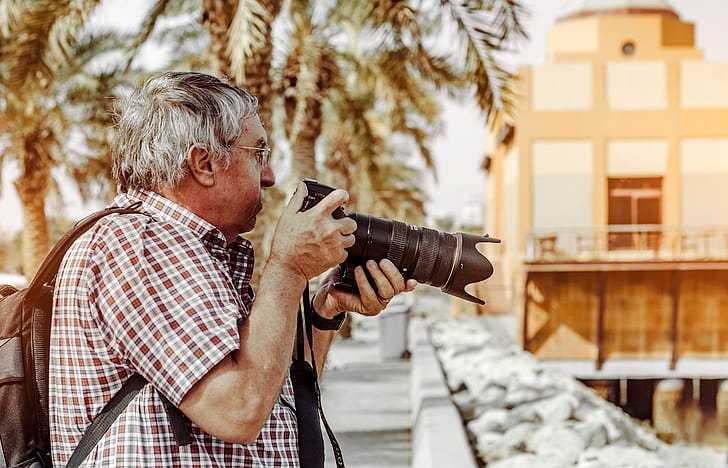
Is it capturing birds? Is it wide, panoramic landscapes that catch your attention? Or do you want to create detailed macro shots of flowers, or anything else? Select your gear accordingly.
Remember, the best equipment choice for seniors learning nature photography can vary based on preferences and physical abilities. You should seek advice from camera specialists before you make any purchases.
How and Where to Learn Outdoor Photography for Seniors
Learning nature photography is much easier today than it was when George Eliot learned it. There are excellent online platforms that offer nature photography courses.
There are countless free tutorials available on YouTube covering different aspects of nature photography, as well. You can learn everything from basic techniques to advanced tips from them.

There are also numerous books dedicated to nature photography techniques, composition, and inspiration. Libraries or bookstores often have a selection that seniors can explore.
Some camera shops offer workshops or seminars on photography techniques, including outdoor photography for seniors. They might also provide seniors learning nature photography with assistance in choosing the right gear.
Practising regularly, experimenting with different techniques, and seeking guidance from experienced photographers will help you improve your nature photography skills.

To Learn Nature Photography is to Appreciate Nature’s Grandeur in Small Moments.
As far as history knows, nature photography is around 200 years old. Or at least, we know that the French inventor Joseph Nicéphore Niépce took the earliest known nature photograph in the 1820s.
The photograph, now known as the “View from the Window at Le Gras,” is that of the landscape outside of Niépce’s window in Burgundy, France.
Two hundred years later, Niépce’s sole contribution to nature photography has exploded into a multi-billion-dollar global industry. Experts say the value of the world’s nature photography industry will reach $44 billion by 2025.
It’s not surprising that an increasing number of people, particularly seniors, are getting into outdoor photography. Perhaps that is because the later stage of life lends itself more easily to an appreciation of the quiet grandeur of the natural world.
Afterall, learning nature photography in later life is an exciting adventure of rediscovering and celebrating every detail of Mother Nature’s majesty.
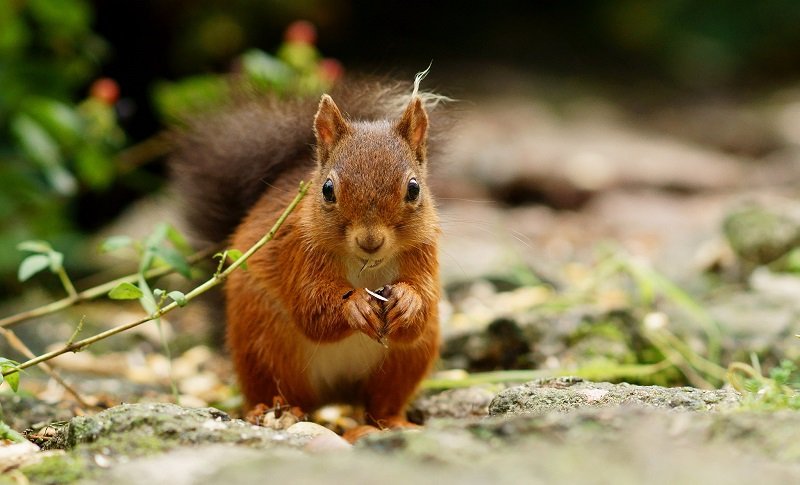
Escape the city chaos to explore peaceful mountain trails. Capture the beauty of nature with your camera as you trek through pine forests, encountering squirrels and songbirds. Discover enchanting meadows blooming with wildflowers.
Each tiny moment in the journey deeper into the natural world quietly reminds us not to rush onto the next big landscape, the next field of flowers, and the next day’s headaches.
Mother Nature tells us not to get distracted by the showy, obvious gleam of the city skyline in the distance. Instead, slow down, look, really look, and take a picture of what has always been here for you to enjoy.
You never know. She might smile. What do you think?
Frequently Asked Questions
- What equipment do I need to get started with nature photography as a senior?
- You don’t need expensive equipment to begin. A lightweight mirrorless camera or even a good smartphone camera can be excellent starting points. As you develop your skills, you might want to invest in a versatile zoom lens and a sturdy but lightweight tripod. Consider cameras with larger buttons and intuitive interfaces if dexterity is a concern.
- Is nature photography physically demanding for seniors?
- Nature photography can be adapted to any physical ability level. While some photographers hike miles to remote locations, others create stunning images in local parks, gardens, or even their own backyards. Using a lightweight camera setup and a foldable stool can make longer sessions more comfortable.
- How can I connect with other senior nature photographers?
- Many communities have photography clubs with members of all ages. Look for local clubs, workshops at senior centers, or online communities specifically for senior photographers. Social media platforms like Facebook have groups dedicated to nature photography where you can share your work and learn from others regardless of location.
- Will my age affect my ability to learn photography techniques?
- Absolutely not! Learning new skills keeps our minds sharp at any age. Many seniors find they have an advantage in photography because of their patience, life experience, and unique perspective. Take things at your own pace — there’s no rush or competition.
- What are the best locations for senior nature photographers to practice?
- Start with accessible locations like botanical gardens, local parks, wildlife sanctuaries with paved trails, or even your own garden. These areas offer rich photographic opportunities without requiring strenuous hiking. As you become more comfortable, you might explore national parks with accessible trails or photography-focused tours designed for seniors.
- How can I protect my camera equipment in different weather conditions?
- Invest in a weather-resistant cover for your camera and keep silica gel packets in your camera bag to prevent moisture damage. On extremely hot days, avoid leaving equipment in direct sunlight or in a hot car. For cold weather photography, keep spare batteries in an inside pocket to keep them warm and functioning properly.
- What’s the best time of day for nature photography?
- The “golden hours” — the hour after sunrise and the hour before sunset—provide beautiful, soft lighting that flatters landscapes and wildlife. However, midday can be excellent for photographing certain subjects, particularly in shaded areas. Cloudy days provide soft, diffused light that’s perfect for photographing flowers and small details in nature.
REFERENCES
- American Society of Media Photographers. (2023). “Industry Demographics Report.” Retrieved from ASMP Professional Photography Statistics.
- Professional Photographers of America. (2025). “Resources for Your Senior Photography Business.”
- Centers for Disease Control and Prevention. (2023). “What Counts as Physical Activity for Older Adults.”
- National Institute on Aging. (2023). “Cognitive Health and Older Adults.”
- Market Research. (2024). “Global Photography Industry Report.”
